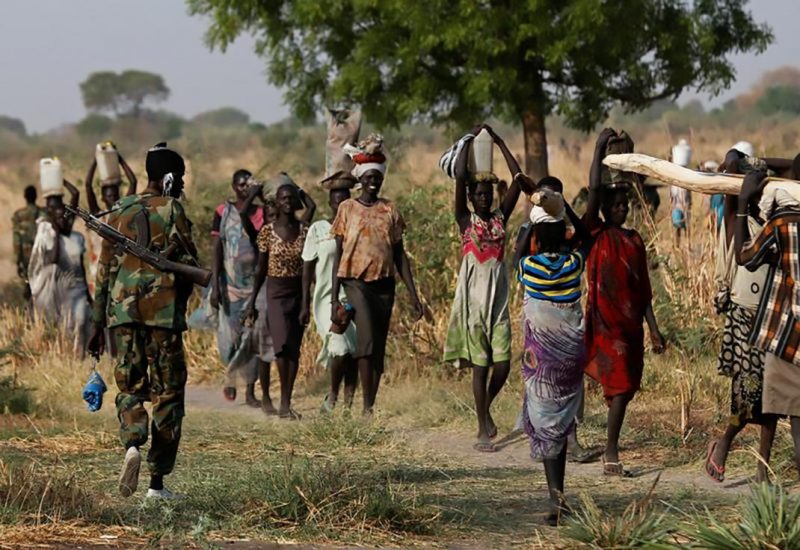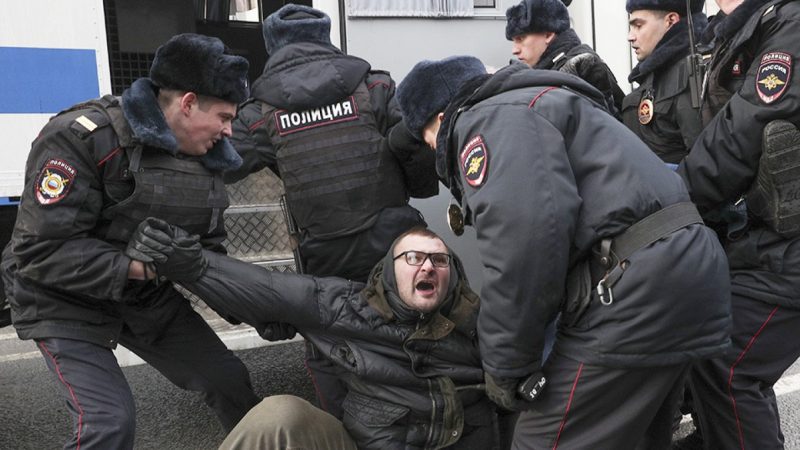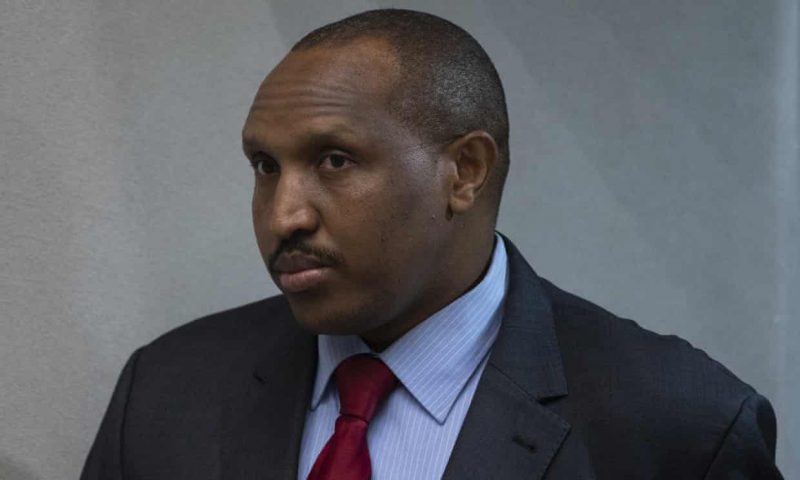By: Eronmwon Joyce Irogue
Impunity Watch Staff Writer
JUBA, South Sudan – The African Commission on Human and Peoples’ Rights (“ACHPR”) expressed its fears concerning the “non-implementation of the Revitalized Peace Agreement on the Resolution of Conflict in South Sudan of September 2018” in a press statement released in February 2020. The war crimes court of South Sudan was established through the 2015 and 2018 peace deals with the goal of bringing violators to justice and providing retribution for victims of the atrocities committed during the South Sudan Civil War. This court is now threatened by the South Sudan government’s use of “US-based lobbyists” to prevent the court’s creation.
Many human rights violations have occurred in South Sudan, but they peaked in 2013 during the armed conflict between President Salva Kirr Mayardit’s forces and opposition forces led by former Vice President Riek Machar. In 2014, South Sudanese Civil Organizations wrote an open letter to ACHPR to address the incessant violations of human rights and humanitarian law in Sudan, urging ACHPR to issue a resolution and establish a Commission of Inquiry.
In 2018, the Commissioner Rapporteur on the Human Rights Situation in South Sudan sent a Letter of Concern to the President of South Sudan. The letter highlighted the increase in violations of women’s right to security and cited the more than 150 women who have been attacked and raped in the Northern region of South Sudan between November and December 2018. This demonstrates the continuing high rate of human rights violations in South Sudan despite the civil war having ended.
The ACHPR is substantially limited in South Sudan because it is the only African Union country which does not permit the ACHPR to hear cases. Due to this arrangement, human rights violations, especially those perpetrated against women, will continue unless the South Sudanese government stops delaying the creation of the war crimes court and recognizes the importance of the brokered peace deal. This will be the first step in the right direction for South Sudan and Africa.
For further information, please see:
Human Rights Watch – South Sudan Cynical Bid to Block War Crimes Court – 30 Apr. 2019
Open Society Justice Initiative – African Commission on Human and Peoples’ Rights – June 2013


